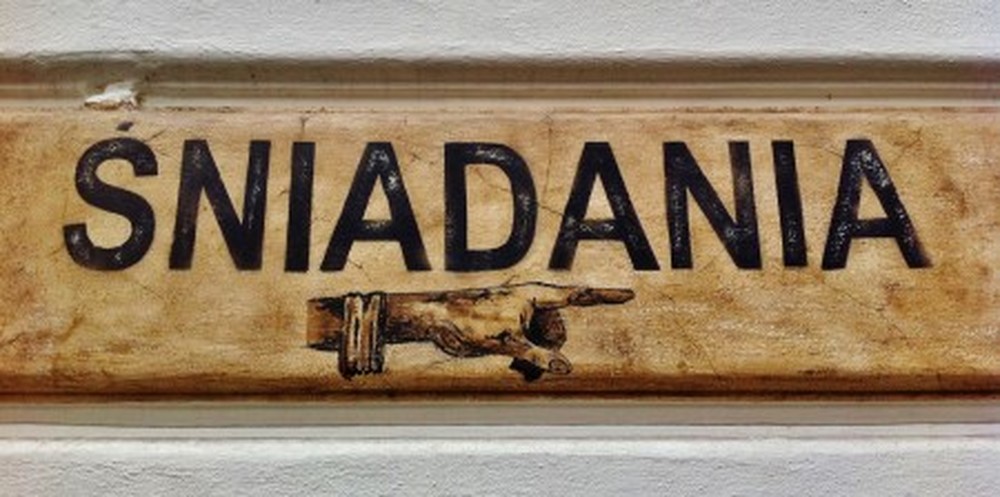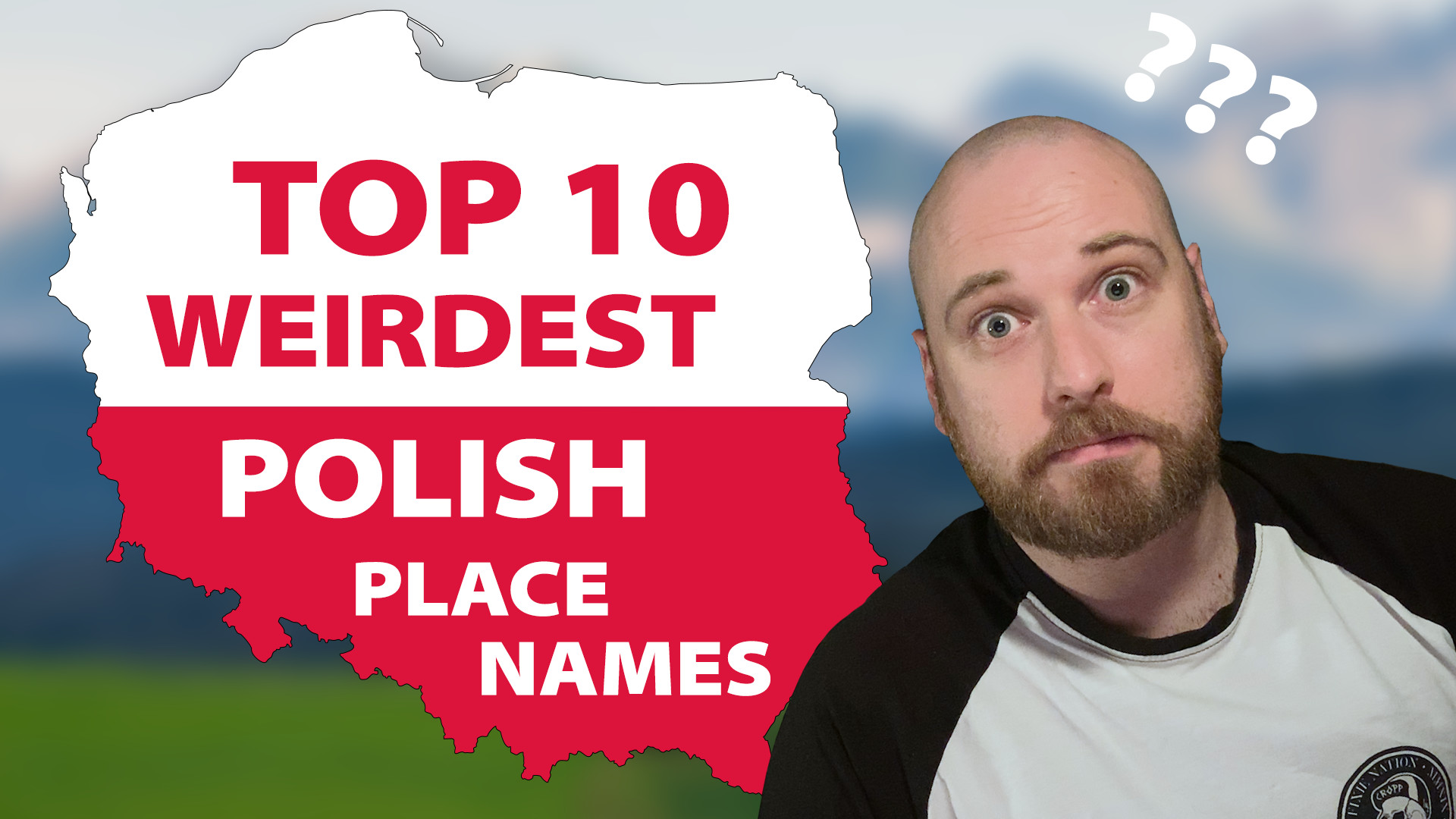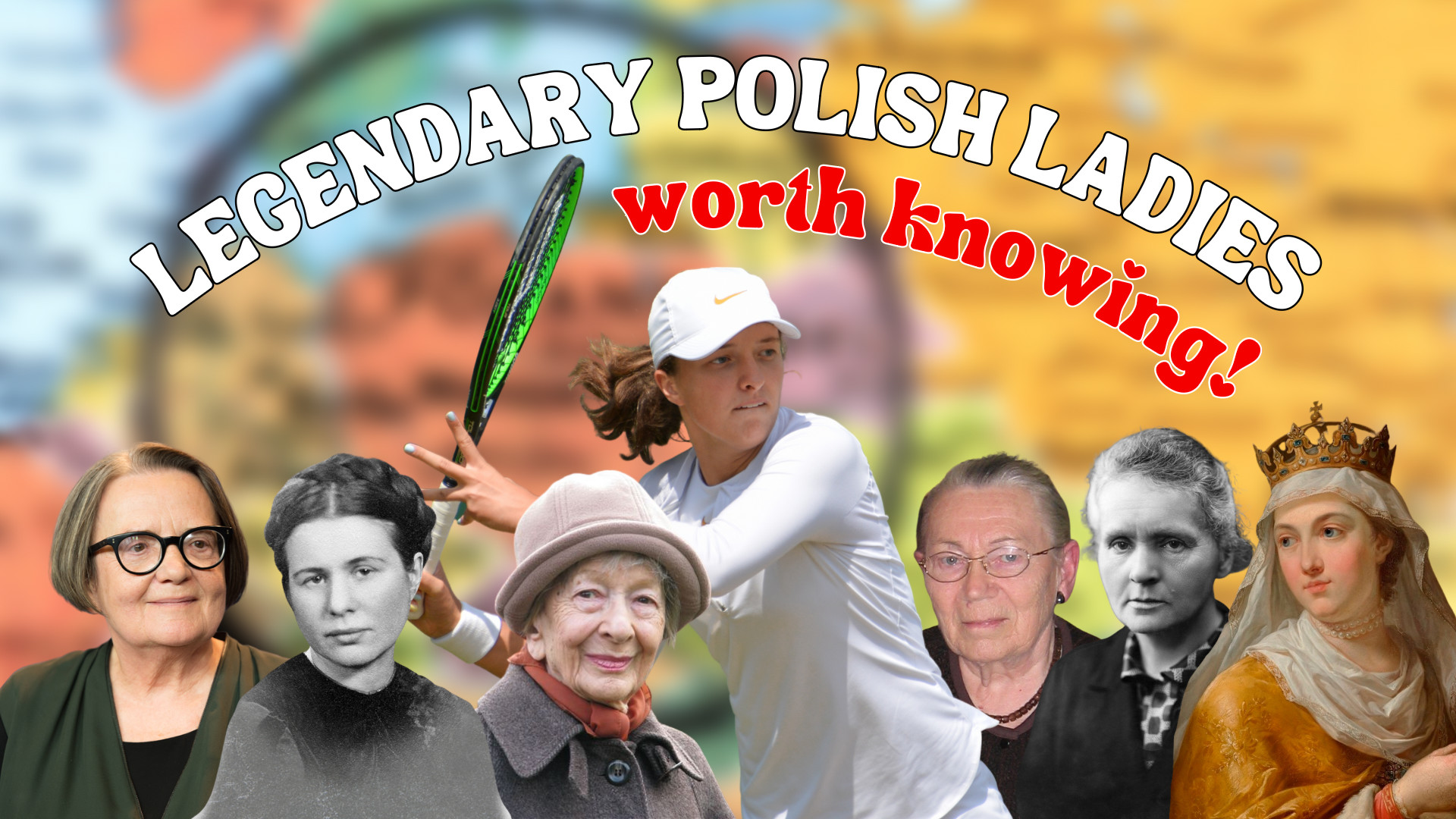Attempting discourse in the Polish language can be terrifying and humiliating, but fortunately for you most Poles, particularly young people, have a healthy command of the English language...
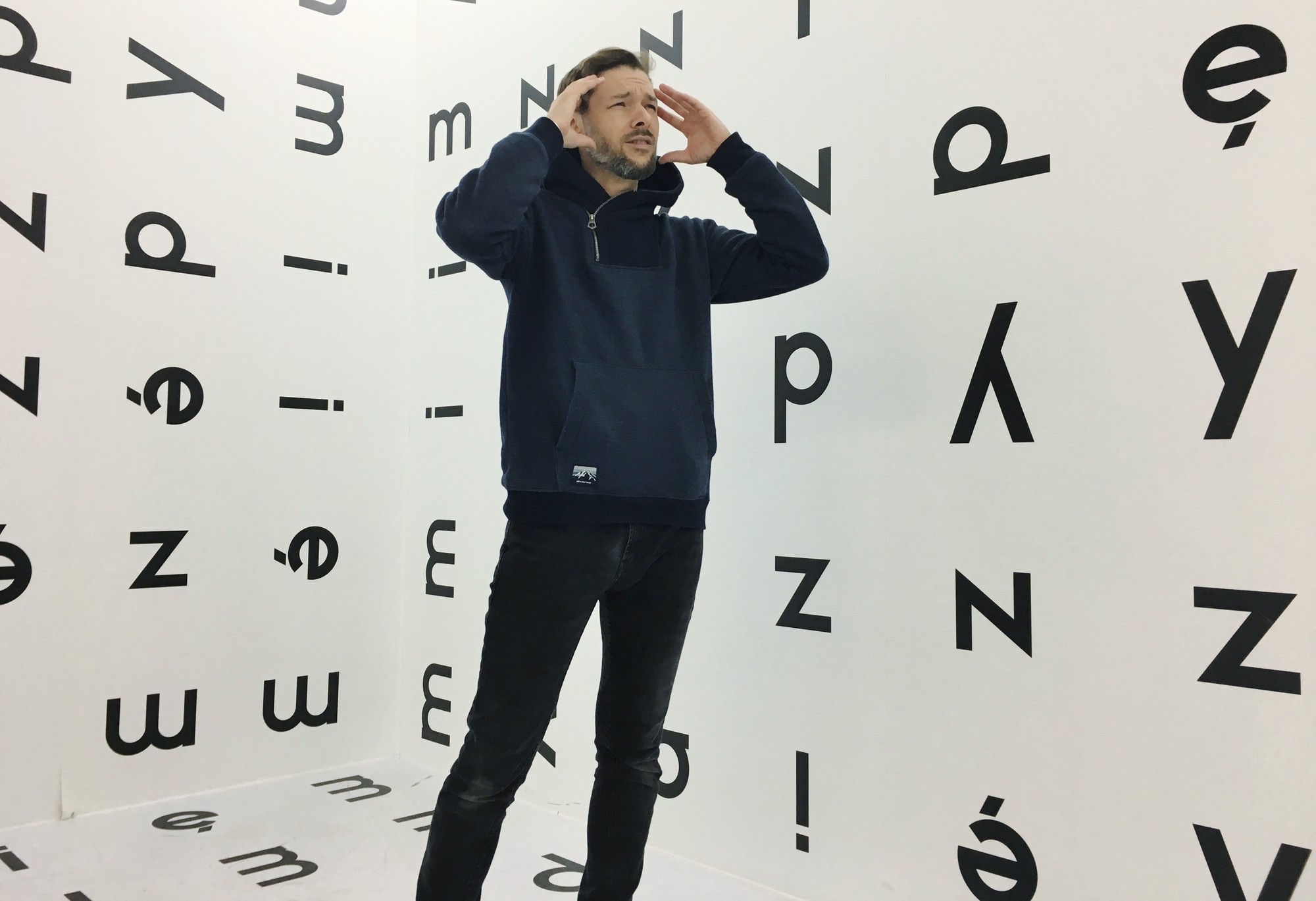
First the bad news: Polish is considered one of the most difficult languages for native English speakers to master. Spiked with such linguistic monstrosities as chrząszcz (beetle), źdźbło (blade of grass), and szczęście (happiness), it is also a declension minefield, with no fewer than seven cases to keep track of. Think wódka (vodka) is always wódka? Nope. Depending on how you use it in a sentence, it might take the form wódki, wódkę, wódce, wódką, or wódko - and that’s sticking to the singular only. Adjectives are even worse, with the seven cases multiplied by three singular genders (masculine, feminine, and neuter - each noun in Polish is assigned one of these) and two plural genders (female only vs male/mixed) in a decisively non-binary situation (still with us?). And just to round it out, verbs also change depending on the gender of the speaker, the spoken to, and the spoken about.
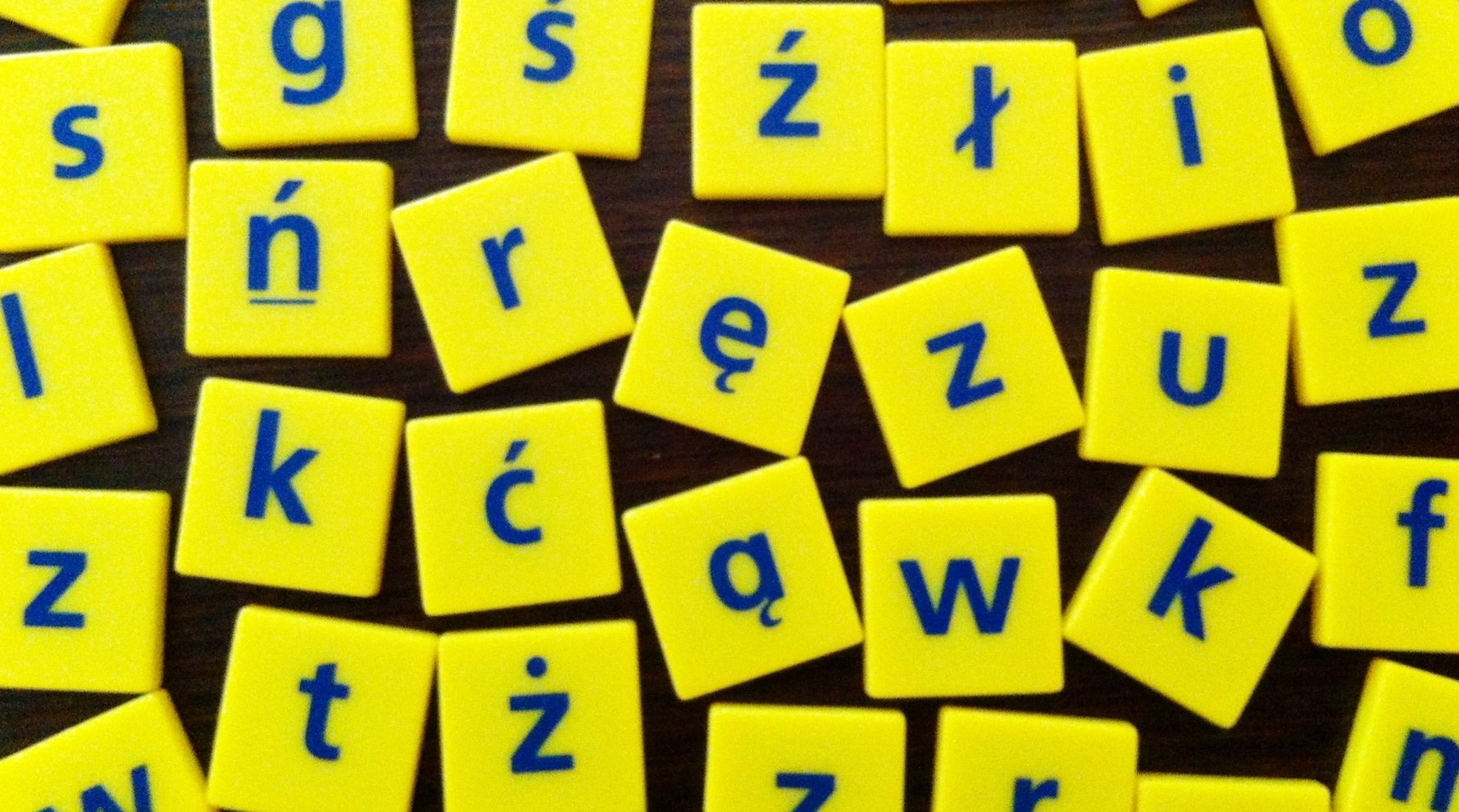
So what’s the good news, then? Well, for one thing, at least you’re not tackling Finnish or Hungarian, which put Polish grammar to shame with 15 and 18 cases, respectively. And luckily for those who just want to sound out some phrases from a guidebook or dictionary, writing is phonetic; remembering some common sounds (which you’ll find below) is all that’s needed to get you reading out loud like a pro. Ready to try learning some polski? We’ve listed some basic words and phrases below, plus some amusing onomatopoetic exclamations and a few tongue twisters. Powodzenia (good luck)!
Approximate Pronunciation
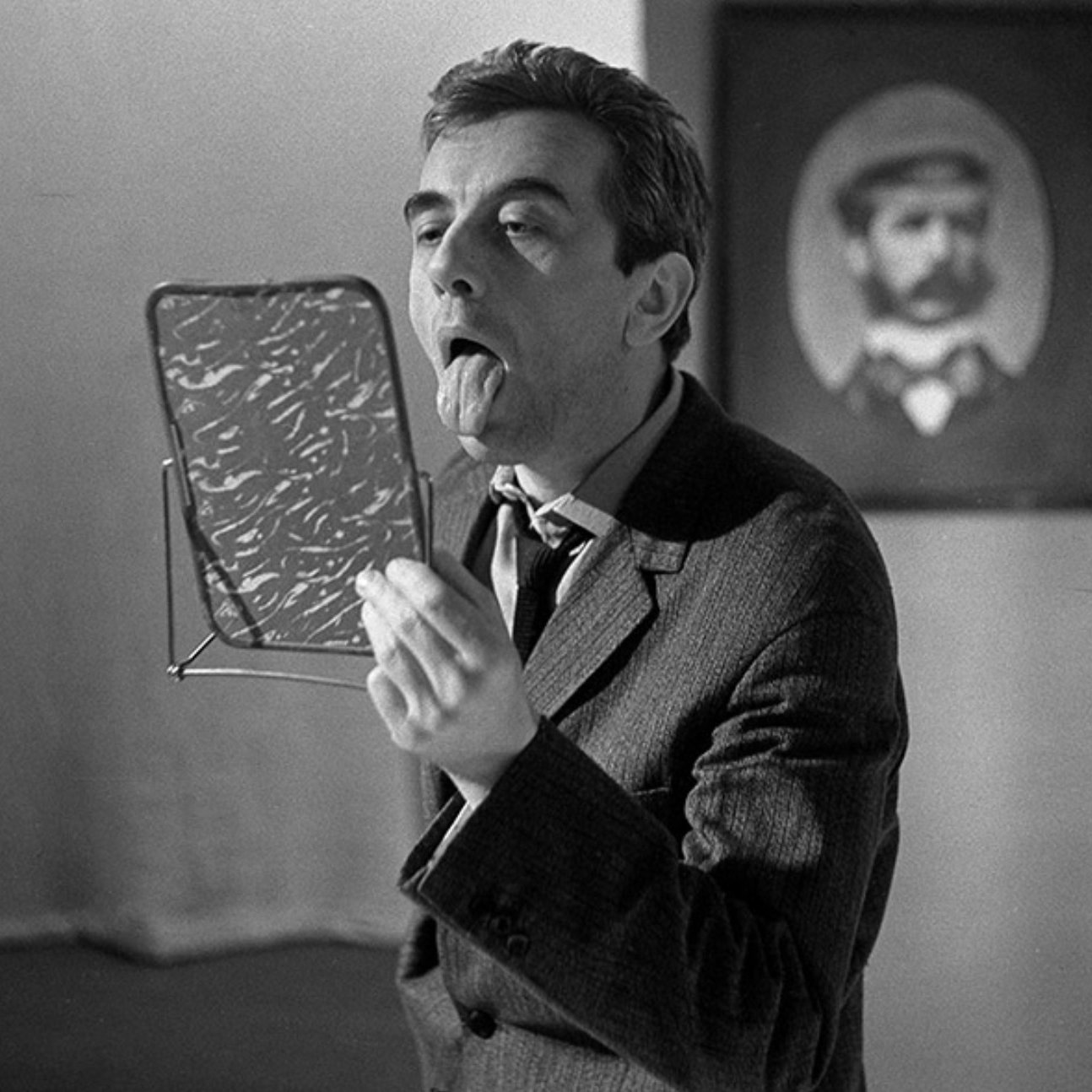
‘ c ’ like the ‘ts’ in ‘bits’
‘ e ’ like the ‘e’ in ‘bet’
‘ ę ’ like ‘en’ as in the French ‘bien’
‘ g ’ like the 'g' in ‘get’
‘ i ’ like the ‘ee’ in ‘feet’
‘ j ’ like the ‘y’ in ‘yeah’
‘ ł ’ like the ‘w’ in ‘win’
‘ ń ’ like the ‘ny’ in ‘canyon’
‘ ó ’ and ‘ u ’ like ‘oo’ in ‘boot’
‘ w ’ like the ‘v’ in ‘very’
‘ y ’ like the ‘i’ in ‘hit’
‘ ch ’ and ‘ h ’ like the ‘h’ in ‘his’
‘ cz ’ and ‘ ć ’ like the ‘ch’ in ‘beach’
‘ dz ’ like the ‘ds’ in ‘beds’
' dż ' like the ‘g’ in ‘George’
‘ rz ,’ ‘ ż ’ and ‘ ź ’ like the ‘su’ in ‘treasure’
‘ sz ’ and ‘ ś ’ like the ‘sh’ in ‘ship’
Basic Polish Words & Phrases
|





